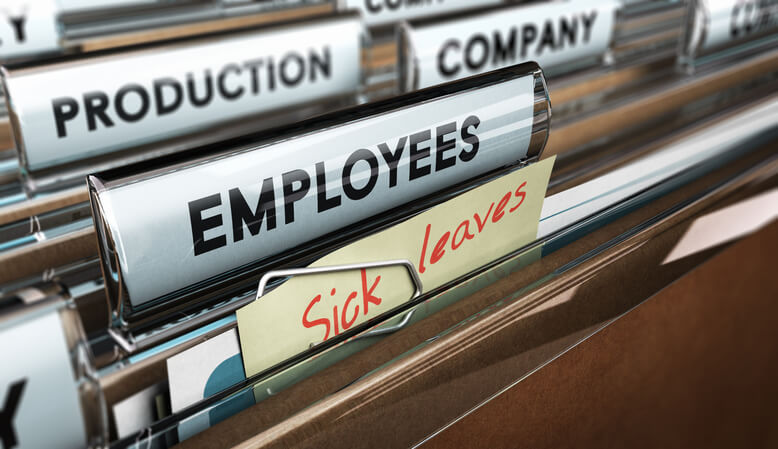
Imagine you’ve been feeling unwell, so you visit your doctor and get a note recommending a few days of rest. You submit this note to your employer, expecting your sick leave to be approved. But, to your surprise, your employer rejects it. In this situation, it’s crucial to understand your employer’s sick leave policies, legal protections under state law, and how to navigate the refusal effectively. In this blog, we’ll explore the steps you can take to address this issue and ensure your rights are respected.
Understanding Sick Leave Policies and Laws
Understanding sick leave policies and their laws is crucial for employees. Employers typically have policies outlining when and how employees can take sick leave. These policies often specify the amount of sick leave allowed, whether paid or unpaid and the required documentation, like a doctor’s note.
In addition to employer-specific policies, New York State law provides certain protections. For instance, the New York State Paid Sick Leave Law requires employers to give employees a minimum amount of paid sick leave, depending on the employer’s size and net income. Employees should familiarize themselves with their employer’s policies and state laws to understand their rights and the legal framework governing sick leave.
When An Employer Rejects A Doctor’s Note
When an employer rejects a doctor’s note for sick leave, it can be for various reasons. Some employers may question the legitimacy of the note or its alignment with company policy. Others might interpret their sick leave policy more strictly, requiring more specific information or forms. In some cases, the refusal may stem from a misunderstanding or miscommunication about the company’s sick leave policy or the state’s legal requirements for sick leave.
Employees have a right to know why their documentation was rejected. Communicating with HR or a supervisor can clarify and resolve the issue. However, if the rejection seems unjustified or contrary to state law, it might indicate a deeper issue, such as disregarding employee rights or legal obligations. In such cases, knowing your rights and possibly seeking legal advice becomes essential to ensure fair treatment.
Steps To Address A Rejected Sick Leave Note
If your employer rejects your sick leave note, there are several steps you can take to address the situation:
- Review Company Policy: Understand your employer’s sick leave policy and ensure your doctor’s note meets the specified requirements.
- Seek Clarification: Contact HR or your supervisor to understand why the note was rejected. Ask for specific reasons and any additional documentation needed.
- Resubmit if Necessary: If additional information is required, obtain it from your doctor and resubmit the note.
- Document Communication: Keep records of all communications regarding your sick leave request and the rejection, including emails and meeting notes.
If you believe your rights have been violated, consult an employment lawyer for guidance on the next steps.
Seeking Legal Assistance
If your sick leave issue remains unresolved after taking the above steps, seeking legal assistance can be a wise choice. An employment lawyer can help clarify your rights under New York Labor Law and offer guidance on the best course of action. They can also assist in negotiating with your employer or represent you in any legal proceedings, if necessary. Legal support ensures that your rights are protected and that you take the correct steps to address the issue.
Don’t Take A Rejected Sick Leave Note Lying Down
Navigating the complexities of rejected sick leave can be challenging, but knowing your rights and the appropriate steps is crucial. If you are in a situation where your rights are compromised, remember that legal assistance is available. Contact Lipsky Lowe for guidance and support in ensuring your rights are upheld, and your health is prioritized.

